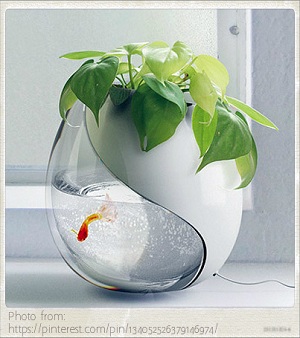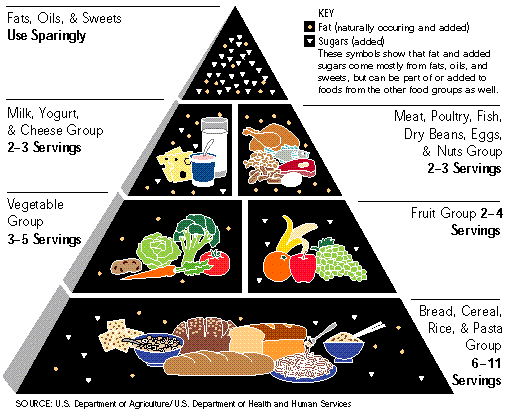In recent years fewer disorders affecting children have received more publicity than ADD and ADHD. ADD (Attention Deficit Disorder) and ADHD (Attention Deficit Hyperactivity Disorder) are essentially the same; a biological condition based in the brain. New findings show that managing this condition may be as simple as a natural supplement and nutritional balance.
Parents and teachers alike have been at a loss over the behavior of children and their inability to focus. The incapacity to complete schoolwork and behavioral problems disrupt the learning process of the individual as well as other students in the classroom environment. Estimates are up to 5% of school children, more than two million, are affected by ADD/ADHD.
Since their recognition and initial research, ADD and ADHD has been treated by using pharmaceuticals with varying results. Complaints of sleeplessness, paranoia, anxiety, weight loss and many others comprise the side effects of these medications. These medications are not designed to treat or cure ADD/ADHD, only to lessen symptoms. There is a growing body of evidence that these drugs may lead to long term dependence, causing issues in school and the workplace. Preliminary studies suggest stimulant medications such as Ritalin could be carcinogenic.
Doctors and researchers are looking into natural treatments and gentler options for the relief of ADD/ADHD symptoms and potential causes. What has emerged is the importance of nutritional support for brain function and how essential nutrients can alleviate symptoms. In turn, helping children focus with the benefit of supplements may be the breakthrough needed to give parents and school systems a much needed reprieve.
The importance of nutrition and the balance of our bodies has increasingly become the focus of medical study. Researchers look at deficiencies to find what plagues us. Everything we ingest, and equally as important, what we don't, has an impact on how our minds and bodies behave.
Giving the mind and body a fighting chance is imperative to thinking well, which is just one of the reasons Grape Seed Extract is gaining steam as a promising treatment for ADD. Grape seed extract is an antioxidant with twenty times the working power of vitamin C and more than double that for vitamin E. Investigation into supplements such as DMAE, DHA, grape seed extract, magnesium, phosphatidylserine, and zinc has also proven to be promising.
Acting as an anti-oxidant against free radicals in the brain, DMAE helps to regenerate and strengthen acetylcholine in the brain. Acetylcholine is involved in carrying messages between brain cells and plays a large roll in learning and memory. Taking supplements of DMAE has been shown to raise levels of this crucial neurotransmitter in the brain and leads to increased memory, concentration and focus. In studies, 70% of patients who took DMAE experienced improvement in attention span and learning ability.
Studies have shown that omega-3 fatty acids are vital for brain function. One such omega-3 that has proven effective for ADD/ADHD is DHA. DHA is found in cold water fish and can be found in seaweed as well, which is used for vegetarian supplements of DHA. DHA is necessary for proper brain function, and the Western diet generally does not provide the necessary levels. Fish oil supplements contain DHA and are recommended for the treatment of ADHD.
Diets high in copper and low in zinc create excessive aggression and behavioral challenges. Zinc supplements were given to children diagnosed with ADHD in Tehran and after six weeks all showed improvement. A number of studies point to a definite link between zinc deficiency and ADD/ADHD.
Children with ADD or ADHD are found to nearly always have a magnesium deficiency as well. This mineral is needed to metabolize sugar and in turn for proper brain energy and to fight mental stress. A lack of magnesium almost always leads to hyperactivity and aggression. Researchers find that magnesium taken internally can lead to a nearly immediate decrease in ADD or hyperactive behavior.
Phosphotidylserine has performed well in clinical trials to treat ADD and ADHD. It promotes cell integrity and balance in the brain, leading to active and increased cell to cell communication and improved receptor function. Study participants were more lucid, possessed better memory and were better able to cope while taking phosphotidylserine.
As more studies are done, the findings reveal that many of the potential triggers of ADD and ADHD lie within the brain chemistry. A diet containing too many simple carbohydrates and not enough protein or nutrient intake can often induce symptoms mirroring that of ADHD. Additionally, additives and preservatives in quick-fix foods often served at schools and by busy parents can aggravate the symptoms of ADD and ADHD. It is important to remember that supplements are not like drugs; they won't deliver an immediate result and other health factors must be considered along with their intake.

 The Simplest Way To Lessen Your High Cholesterol By Natural Means
High-cholesterol is a major variable inside the countrywide
The Simplest Way To Lessen Your High Cholesterol By Natural Means
High-cholesterol is a major variable inside the countrywide
 Starting Up An Aquaponics Set Up From See The Easy Way
Planting seeds in your aquaponics system can be a lot simpl
Starting Up An Aquaponics Set Up From See The Easy Way
Planting seeds in your aquaponics system can be a lot simpl
 Introduction To Of Some Lower Cholesterol Foodstuffs
Cholesterol is a fat-like element contained in the physique
Introduction To Of Some Lower Cholesterol Foodstuffs
Cholesterol is a fat-like element contained in the physique